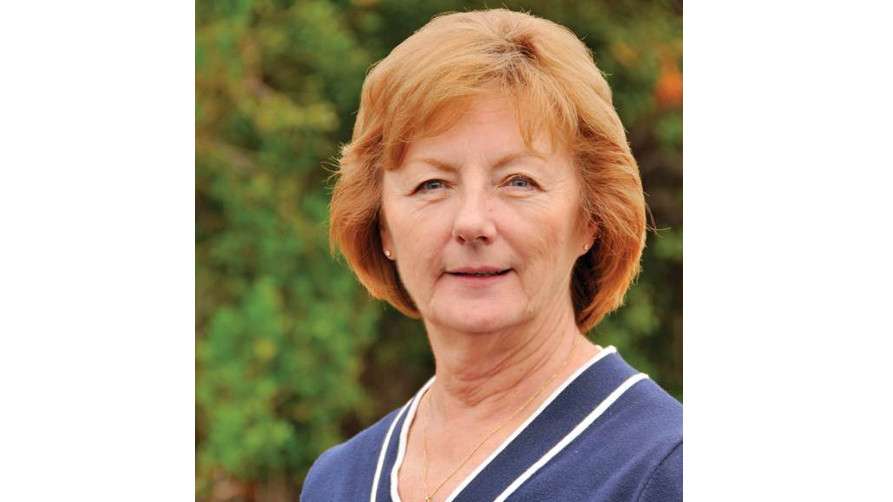
Noreen Clough, the long-time conservation director at B.A.S.S., died Jan. 16.
But for the seven decades preceding that date, Clough truly lived.
Clough could never see enough of the world. She visited countless countries, took river cruises through Europe, planned a safari through Africa, fished in Costa Rica.
She also could never be still. Although she retired from B.A.S.S. in 2007, she came back less than 5 years later. Not for the money. She came back because being involved in opening up access for anglers, in eradicating invasive species, in protecting habitat for bass was important to her.
And she was so good at it. She led the efforts of conservation directors throughout the country, supporting them with their respective troubles, advocating for them to state agencies or the U.S. Congress, getting the word out in their states or across the nation.
It’s hard to believe that at one time, some people tried to squash her potential, simply because she was a woman.
In the 1970s, Clough was a clerical worker at the U.S. Fish and Wildlife Service. She had a degree in English already, got an additional degree in biology so she could move up at the Service, only to discover that the men didn’t want her moving up.
“Not only did the guys not want a woman out doing field work with them, their wives didn’t want them in the field with a woman,” Clough told me in 2006. “The organization had been all male for a very long time, and biology was seen as a subject for men.”
She was even denied a promotion once because, according to her boss, she didn’t need a promotion because she had a husband.
“It was a continued uphill struggle,” said Clough.
Clough did not let small minds keep her down. She persevered — nothing that would surprise anyone who knew her in her B.A.S.S. days — and 20 years later, she became the first female regional director of the U.S. Fish and Wildlife Service.
She was no longer managing the log books. She was managing 2,000 people and a budget of $82 million.
Clough retired from the U.S. Fish and Wildlife Service and later became B.A.S.S.’s national conservation director, where she served two stints, from 2004 to 2007 and from 2011 to 2013. She won several awards, including American Sportfishing Association Woman of the Year, the U.S. Department of the Interior Meritorious Service Award and the Coleman Outdoors Award. She served on numerous national boards involved in fisheries conservation, including the Berkley Conservation Leaders Advisory Team and the Friends of Fisheries.
One of her favorite extracurricular activities was serving as a member of the Michigan State University Fly Gals team, in which she mentored graduate students in sportfishing and conservation advocacy. She not only enjoyed making a difference; she liked to show others they can make a difference, too.
Clough was unflappable, no matter how tense the situation. She was persistent, no matter how much others pushed back. And she was dedicated, never only working within the confines of a job description but doing whatever it took to get something accomplished.
There will never be another Noreen Clough. But we can all learn from this tenacious woman that barriers can be broken, seemingly insurmountable problems can be solved, and that life should be lived like there’s no tomorrow.





